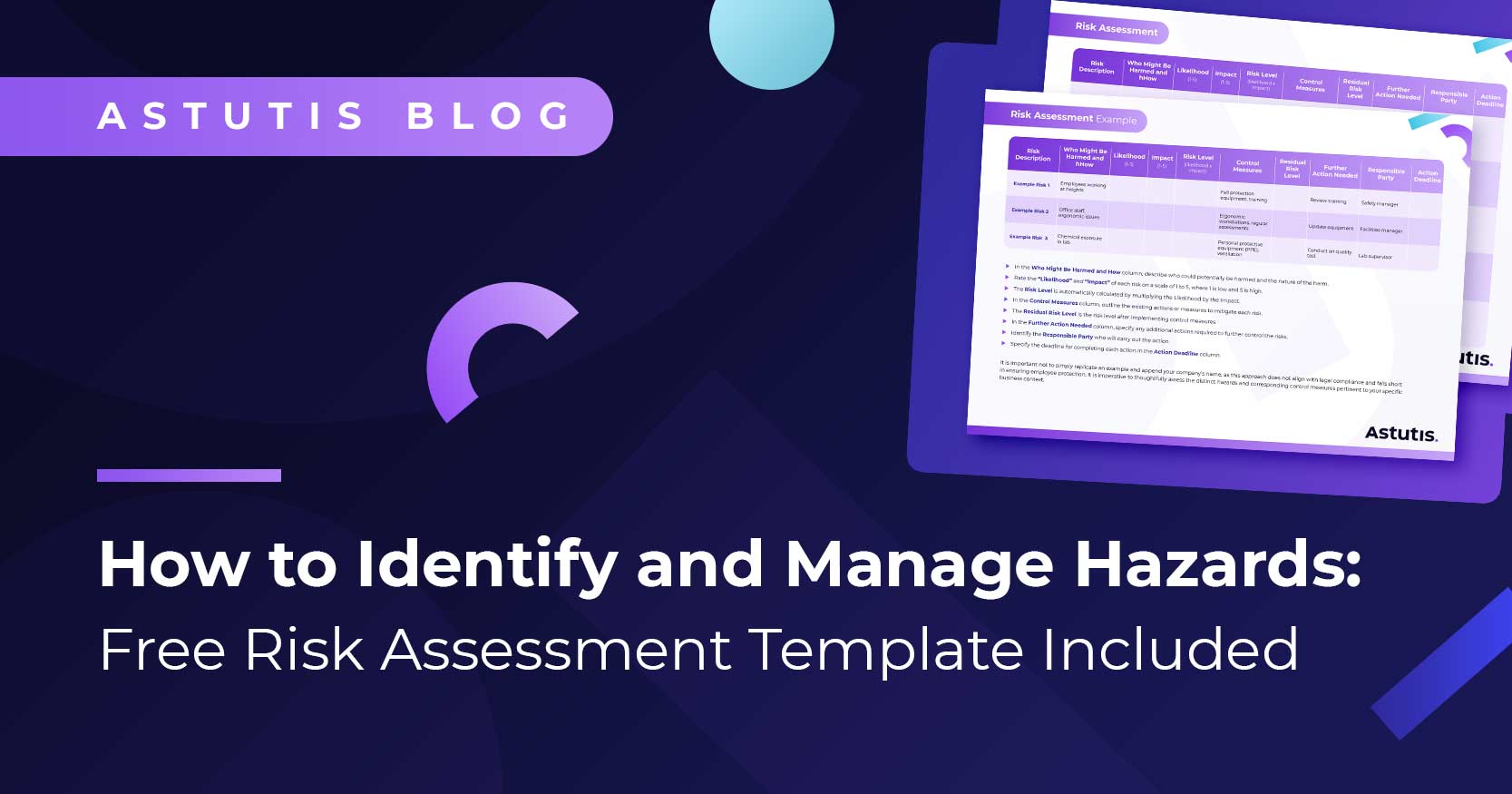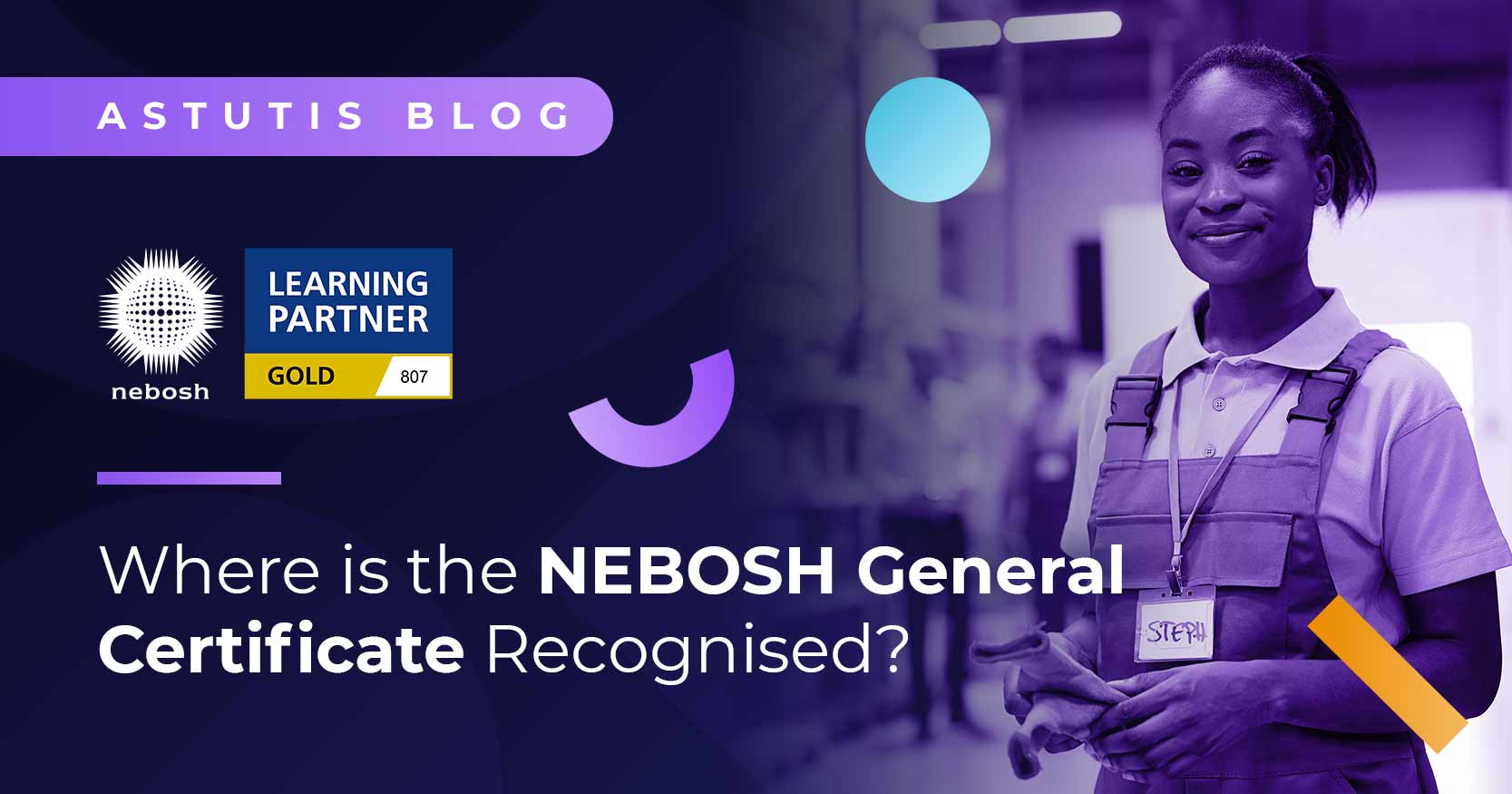7 Ways to Support Your Employees During Ramadan
Ramadan is the ninth month of the Islamic lunar calendar. Around 1.6 billion Muslims will take part in the spiritual holiday worldwide. Whether you’re headquartered in Dubai or managing a team of workers in London, you’ll likely have an employee who will be taking part in this popular religious holiday.
Ramadan is a time for spiritual reflection, prayer, generosity, and being together with family and friends. Many people will make a special effort to connect with their communities and refrain from eating and drinking between dawn and sunset – also known as fasting.
As an employer, it’s important to recognise how religious observance can impact the workplace. Reduced productivity, reduced working hours, and an increased risk of ill-health are all scenarios you might encounter this month.
Top 7 Tips for Support Employees During Ramadan
Keep Workers Inside
Ramadan often falls during the spring/summer months. In some GCC countries, temperatures during this time can reach upwards of 38 degrees! Heat in the workplace can cause fatigue, low productivity, and heat stroke, especially when combined with no food or water.
Have your employees stay inside or offer shaded rest during the hottest time of the day. Dehydrated workers are often at a higher risk of exhaustion, so limit physical activity during times of fasting to reduce the risk of injury.
Read more advice on managing the risk of heat in the workplace here.
Consider Flexible Working Hours
Meal times are a time of celebration and togetherness during Ramadan, but this must only happen after sunset or before dawn.
Allow your employees the flexibility to start work earlier or later so they can spend this time with their families. It would help if you also considered allowing reduced working hours so that your employees can attend mosque and get well-needed rest.
UAE Labour Law demands that working hours be reduced by two hours during Ramadan. If you’re a UK employer, consider granting your workers the same courtesy during their religious holiday.
Reduce Workload
People can often find it hard to concentrate and become less productive while fasting. Avoid adding additional stress by postponing deadlines and important projects until after Ramadan.
Instead, allow your employees to catch up on the small tasks they’ve been putting off all year. When they resume normal working capacity after Ramadan, they’ll be ready to get stuck in with an organised, clear workload.
Raise Awareness
Some workers may feel aggrieved when others are allowed a reduced workload and working hours. Consider setting a policy relating to religious holidays.
Encourage conversations and discussions in the workplace to raise awareness and understanding of Ramadan amongst non-Muslim workers. This will help encourage an inclusive environment and build a positive work culture that accepts different cultures and beliefs.
Provide Medical Care
Fasting workers are at a higher risk of fatigue, dizziness, headaches, muscle ache, weakness, and poor mental health, all of which can lead to injury and ill-health.
Ensure you provide adequate first aid or medical assistance should anyone feel unwell during work. Avoid letting workers carry out long-working if they’re fasting and provide additional support in case of an emergency.
Allow More Breaks
Low blood sugar levels and dehydration can leave workers with “brain fog,” making it much harder to concentrate for long periods of time.
Allow your employees to take regular breaks to rest and get some fresh air throughout the day. Short bursts of air are proven to increase oxygen in the bloodstream and boost energy levels, helping employees become more productive throughout the day.
Be Considerate
Fasting requires an incredible amount of self-control. Show consideration and encourage other employees to avoid eating or drinking in front of anyone going without. Avoid arranging social coffee mornings and instead opt for activities that Muslims feel comfortable taking part in, like group walks or virtual games.
Are you responsible for reducing risk in your workplace? Please take a look at our NEBOSH International General Certificate online course, the most popular qualification for risk management professionals.
Related Blogs

Real Life Stories










